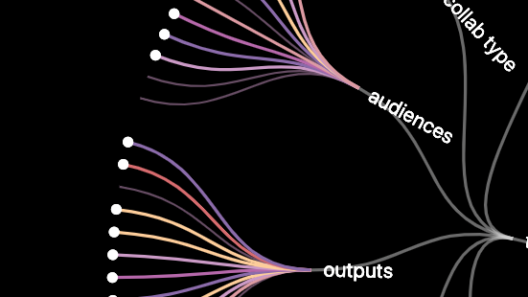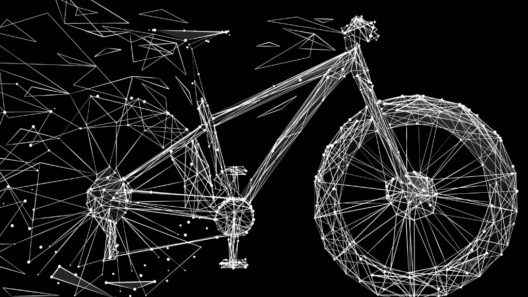Blog
Writing, thinking and debating about how data and AI can be made to work for people and society
Explore the Ada blog
Filter by:

Two steps forward, one step back: the EU’s plans for improving gig working conditions
A critique of the EU’s proposed approach to employment status and algorithmic management for platform workers

Don’t start with the data: a people-centred approach to addressing health inequalities
Why identities and experiences can’t be reduced to categories

Getting under the hood of big tech
Auditing standards in the EU Digital Services Act

Realising the potential of algorithmic accountability mechanisms
Seven design challenges for the successful implementation of algorithmic impact assessments

Making interoperability work in practice: forms, business models and safeguards
Equitable interoperability as a standard

Three proposals to strengthen the EU Artificial Intelligence Act
Recommendations to improve the regulation of AI – in Europe and worldwide

Beyond the regulation of big platforms – supporting different visions for digital ecosystems
An introduction to the Rethinking data programme

From ‘walled gardens’ to open meadows
How interoperability could be the key to addressing platform power

Can computers surprise us?
Why Lady Lovelace’s ‘originality insight’ matters for today’s ‘learning machines’

Otherwises, and the contribution of the arts and humanities to ethical AI
Generative future-making, process and practice as ethical acts

Mobilising the intellectual resources of the arts and humanities
Challenging and redrawing framings of technology to serve human flourishing and justice

Who gets to write the future?
Reimagining policymaking through an anti-racist and creative practice lens